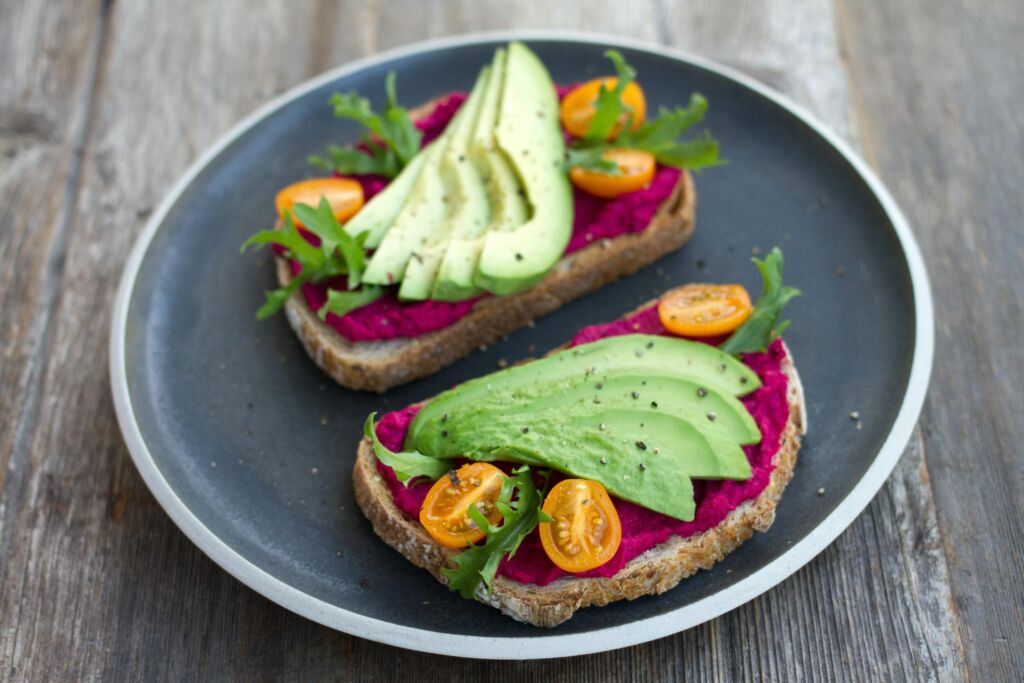“Eating Beets for Better Health: The Surprising Benefits of Eating Beets”
Beets may not be the most popular vegetable on the block, but they pack a powerful punch when it comes to nutrition. Not only are they low in calories and high in fiber, but they also contain a wide range of vitamins and minerals that are important for good health. In this article, we’ll explore the many health benefits of eating beets, including which vitamins are in beets and how they can improve various aspects of your health.

Vitamins in Beets and Their Benefits
Beets are a great source of many important vitamins and minerals, such as vitamin C, folate, potassium, and manganese. Let’s take a closer look at what these vitamins do and why they’re so important:
- Vitamin C: This powerful antioxidant helps to protect your body against damage from free radicals and may help reduce inflammation. It also plays a key role in collagen production, which is important for healthy skin, bones, and joints.
- Folate: B vitamins are essential for healthy cell growth and development, making it especially important for pregnant women. It also helps to support a healthy immune system.
- Potassium: This mineral is important for maintaining a healthy balance of fluids in your body and may help to lower blood pressure.
- Manganese: This mineral is important for healthy bone development and helps to support your body’s natural antioxidant defenses.

Health Benefits of Eating Beets
So, what do all of these vitamins and minerals in beets mean for your health? Here are some of the benefits of eating beets:
- Improved cardiovascular health: The nitrates in beets can help to improve blood flow and lower blood pressure, which can reduce your risk of heart disease.
- Enhanced exercise performance: The nitrates in beets may also help to improve exercise performance, making beets a popular choice for athletes, bodybuilders, and martial artists. By improving blood flow and oxygen delivery to your muscles, beets may help you work out harder and for longer periods.
- Increased brain function: The nitrates in beets may also have a positive effect on brain function, improving cognitive performance and reducing the risk of dementia.
- Digestive health: Beets are high in fiber, which can help to promote healthy digestion and prevent constipation.
How to Eat Beets
If you’re not used to eating beets, you may be wondering how to incorporate them into your diet. Here are some ideas:
- Roasted beets: Simply chop up some beets, toss them with olive oil and seasonings, and roast them in the oven until tender.
- Beet salad: Mix chopped beets with some greens, nuts, and a vinaigrette dressing for a tasty and nutritious salad.
- Beet smoothie: Blend beets with some fruit, yogurt, and a liquid of your choice for a healthy and refreshing smoothie.
- Beet chips: Slice beets thinly and bake them in the oven for a healthy and delicious snack.
Beets also come in pill form, although it’s always better to get your nutrients from whole foods whenever possible.

How Often Should You Eat Beets?
There’s no set rule for how often you should eat beets, but including them in your diet a few times a week can help you reap the benefits of their many nutrients.
Conclusion
Beets may not be the most glamorous vegetable, but they’re definitely worth adding to your diet. From improved cardiovascular health to better brain function, the many vitamins and minerals in beets can have a positive impact on your overall health and well-being. So, why not try incorporating some beets into your next meal and see how you feel?


